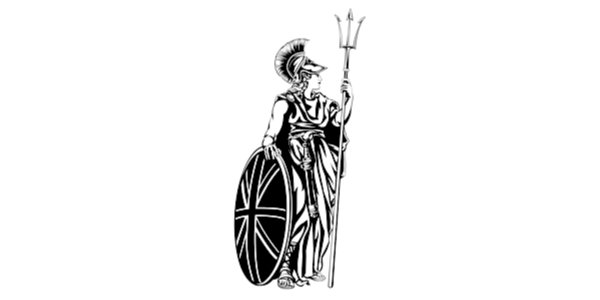WHEN we think of the Russian Revolution of 1917 we think of Lenin and Trotsky, the storming of the Winter Palace and the dissolution of the Duma. The tumultuous events of February and October 1917 not only overthrew Tsarism and then democracy but plunged a great country into 80 years of totalitarianism and bloody oppression. But the events of 1917 would never have happened without the underlying cause of the revolution: that the people did not trust their government or its institutions. The Tsarist government was so incompetent that the people had no faith in the ability of their rulers to deal with the challenges the country faced.
The famine of 1891-92 with mortality estimates ranging up to 400,000 had showed how powerless the government were to care for their citizens. The first spark of revolution, the peasants’ revolt of 1905, stemmed in significant part from their suffering due to the famine. The failure of the army and navy during the 1905 Russo-Japanese war followed by the disasters of the Great War exposed the incompetence of the supposedly mighty Russian military machine and the political administration.
There were very few actual revolutionaries but there were multitudes, especially amongst the middle class, who had no faith in the authorities. Once people start to lose faith in the system, when it comes under severe pressure they won’t be inclined to support and defend it. What sweeps in afterwards may well be much worse than what existed before.
Throughout the West we are losing faith in our institutions, and the UK is not immune. The UK’s Covid inquiry exposes a long list of failures; no one, not politicians, health services nor the media emerges with a ringing endorsement. Our police services are given to two-tier policing, and their pursuit of supposed ‘hate crimes’ continues unchecked while their clear-up rate of actual crimes is minimal. Our politicians make promises about reducing immigration, and it continuously goes up. We are told that the NHS is the ‘envy of the world’ whilst the ill queue up to join waiting lists and hospital trusts are plagued by scandals. Does anyone trust the legacy broadcast and print media? What we find in the UK today, as in the rest of the West, is a well-justified and worrying lack of trust in the institutions of our country.
The result is that most people, feeling powerless in the face of elite manipulation, have stopped caring. Our government, medical establishment, and media lie to us about, for example, the dangers of suggesting the option of sex transitioning to children, and most people instead of being up in arms to protect our young people switch on Strictly Come Dancing and blot out the uncomfortable truth.
In the midst of all this we find the church, the institution which should be a bulwark against moral decline, fading into irrelevance. At best, the mainstream churches are subdued in the face of decadence. At worst, instead of leading the revolt against the gender identity madness, in many cases they have embraced it as the way forward. Our legacy churches have abandoned the faith in pursuit of woke nostrums, turning to Guardian editorials rather than the Bible for moral guidance. In doing so they have betrayed God and the people for whom they have pastoral care.
Who can trust our authorities, church, government, business and industry, academia, media, law, medicine, military, and the whole superstructure of our lives, when they have achieved so little yet insist that they are the only way forward?
Michel Houellebecq’s novel Submission caused controversy when it was published in 2015. In the novel the respectable French parties fragment the vote leaving the presidential choice between Marine Le Pen, and one Mohammed Ben Abbes, the fictional leader of a French Muslim Brotherhood. The French left back the Muslim, preferring the devil they don’t know to the one they do, and Ben Abbes is elected. Submission presents a dystopian picture of a demoralised France slipping under Islamist rule.
The book was criticised as being Islamophobic; this was to miss the point entirely. The Muslims were not the villains of the piece, they were just taking advantage of the opportunity presented to them. The true villains of the novel were the apathetic, disheartened, spineless French population who capitulated to Islamist government because they thought themselves without any other option: there seemed to be no one else able to restore some semblance of order. French elites are eager to collaborate with the new regime, delighted not only to embrace Islam but to submit to an invigorating and self-assured absolutism.
Houellebecq took what was already happening and imagined what it would be like if it kept on happening. We live in a dangerous period of time when the UK is no longer a serious country and has no confidence in itself. The institutions of state are losing credibility in the eyes of the people and our creaking political system continues to exist because no one is able to present a credible alternative.
Most of us have no wish to live under authoritarian rule, Muslim or otherwise, but it is easy to see how an authoritarian government could take over an increasingly apathetic and disillusioned country. Without a serious attempt to restore integrity and competence within our institutions we could be leaving the door open to an uncomfortable future.

